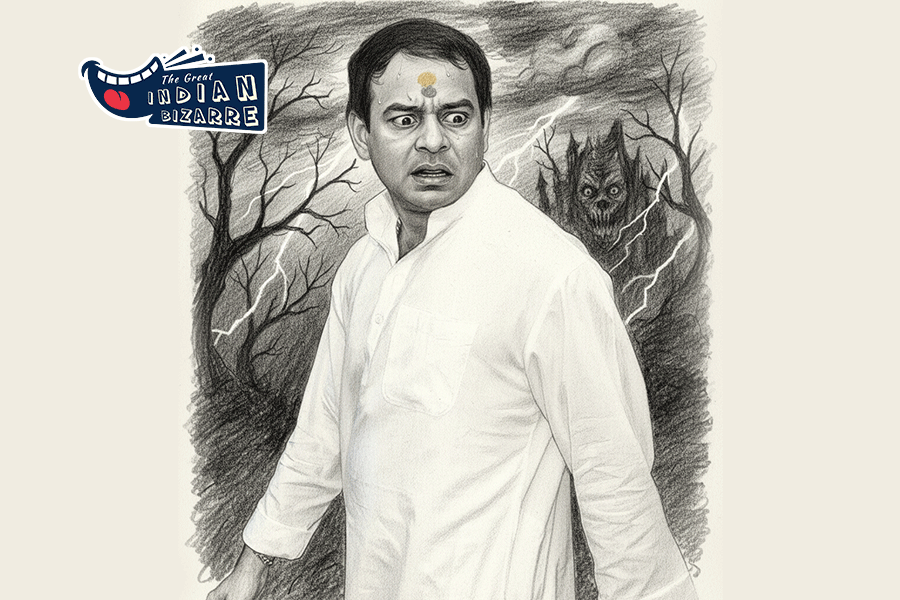Ranchi, Dec. 10: City-based voluntary organisation Judav’s executive director Ghanshyam has always sworn by jal (water), jungle (forest) and jameen (land) and now this representative from the tribal heartland is in Copenhagen to present a paper on climate preservation at the ongoing Climate Summit.
On Saturday, Ghanshyam will speak on the effects of climate change on his homeland. He is also set to present a community charter. Since 1995, Judav has been working in remote areas, focusing on income generation for tribals by using local resources like jal, jungle and jameen.
Speaking to The Telegraph from Copenhagen today, Ghanshyam said the community charter would focus on climate change in the tribal heartland. “We want to highlight the fact that the poor tribal people of the state are not responsible for rapid change in climate. The developed countries are responsible as they are setting up largescale industries by occupying forest land,” he said.
Ghanshyam said he would suggest that the forests of the state be protected with traditional knowledge. “We must make every effort to protect both community and culture in the tribal heartland. For instance, sal trees found in the dense forests of the state are of cultural importance for the tribal population which worships them,” he added.
At the summit, Ghanshyam will highlight how the agricultural system can be improved using traditional methods. “The best seeds are available with our farmers, we don’t need the hybrid varieties,” he said.
He added that globalisation was a further cause of worry for the tribals. “The spate of MoUs signed and fancy projects like Greater Ranchi and the highway linking the Kolkata-Delhi and Kolkata-Mumbai national highways will displace tribals by the lakhs who will also lose their cultural identity,” he said.
Besides, the state representatives would also raise their voice against the government's decision to declare the state as drought prone. “Jharkhand’s annual rainfall used to be between 1200 and 1300mm. The dry spell now can be the result of climate change, invasion by industrial units and loss of moisture,” he argued.











